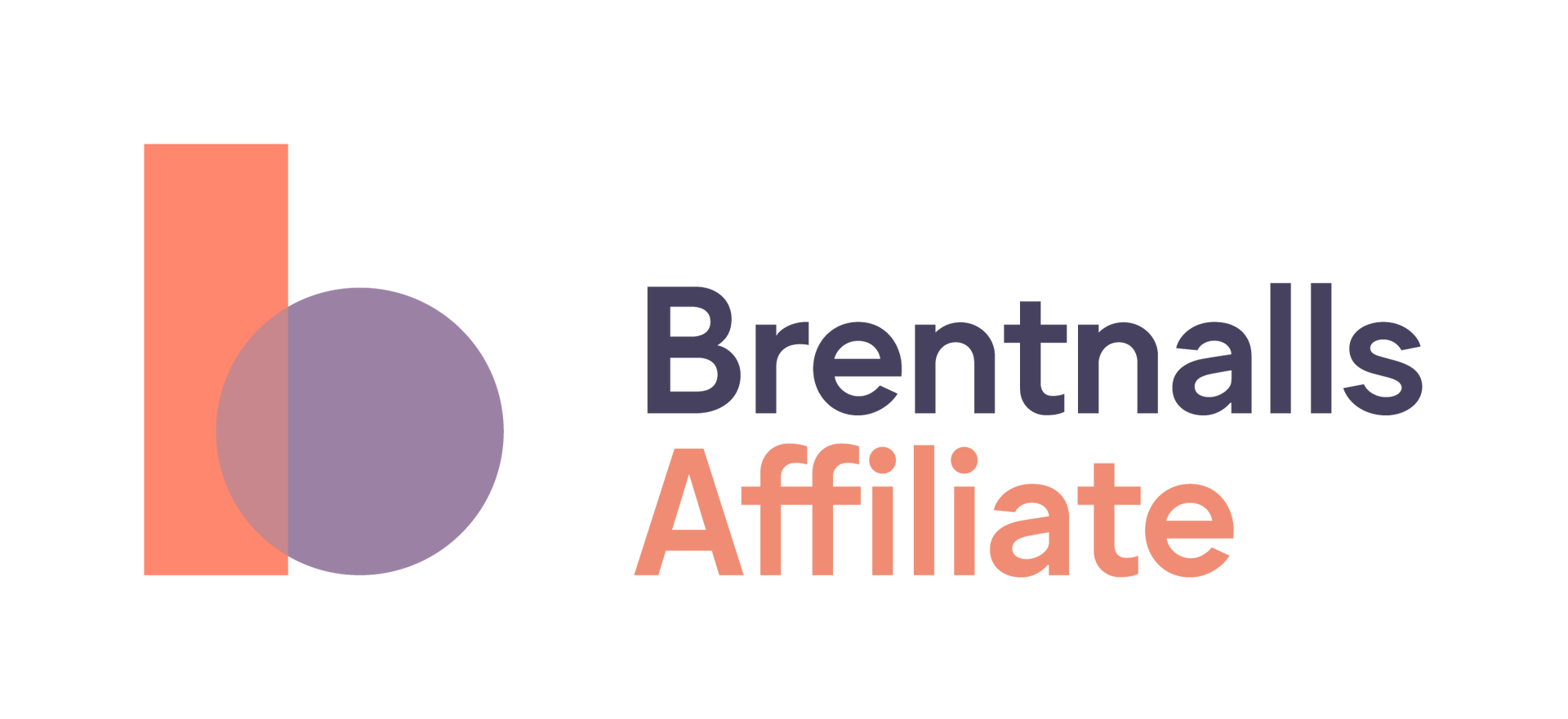News Articles
Construction Industry
IR reform and its impact on the construction industry
9 April 2023

IR reform was a big deal last year, and on 27 October 2022, the Labor Government tabled the widely expected Fair Work Legislation Amendment (Secure Jobs, Better Pay) Bill 2022.
The legislation, which will have plenty of implications for the construction sector, aims to make numerous changes to industrial relations legislation with the intention of:
- encouraging and facilitating enterprise bargaining, and multi-business enterprise bargaining in particular.
- simplifying the bargaining and approval processes for enterprise agreements, including simplifying the better-off overall test (BOOT).
- improving job security and gender equity, including limiting the use of fixed-term contracts and prohibiting pay secrecy clauses.
- improving workplace conditions and protections by providing an enforceable right to request flexible working arrangements.
- abolishing the Australian Building and Construction Commission (ABCC) and making the Fair Work Ombudsman (FWO) the workplace relations regulator for the building and construction industry.
- abolishing the Registered Organisations Commission and transferring its functions to the General Manager of the Fair Work Commissioni.
Abolition of the Australian Building and Construction Commission
On 2 December 2022, the Government passed the legislation after garnering the support of the crossbenches, and one of the significant changes involves the abolition of the Australian Building and Construction Commission (ABCC).
The ABCC was the independent statutory authority responsible for facilitating understanding and enforcing workplace relations compliance in the building and construction sector. The Fair Work Ombudsman has now assumed the role of workplace relations regulator accountable for implementing the Fair Work Act for the construction industry. Moreover, the FWO will take on all proceedings adjudicated by the ABCC.
The Code for the Tendering and Performance of Building Work 2016 (Building Code) was also repealed. This change will impact the penalties imposed on building industry participants. The Fair Work Act now deals with matters such as coercion, adverse action, freedom of association, unlawful industrial action, and discrimination.
The Ombudsman has a range of other powers to investigate and address breaches of the Fair Work Act, including acquiring information under notice but does not have the same compulsory examination powers as the ABCC.
Establishing the National Construction Industry Forum
The amended Act established the National Construction Industry Forum. This new body will commence on 1 July 2023 and is chaired by the Minister for Employment and Workplace Relations. The Forum is a statutory advisory body for the building and construction industry. Its members will have experience representing employees and employers in the building and construction industry.
What do the changes mean for you?
Building industry participants will no longer need to comply with the requirements previously prescribed by the Building and Construction Industry (Improving Productivity) Act 2016 BCIIP Act and the Building Code. However, they will need to familiarise themselves with and continue to comply with the relevant provisions of the Fair Work Act.
__________________________
i. https://www.aph.gov.au/Parliamentary_Business/Bills_Legislation/bd/bd2223a/23bd034
Discuss Further?
If you would like to discuss, please get in touch.
Disclaimer
The information provided in this article does not constitute advice. The information is of a general nature only and does not take into account your individual financial situation. It should not be used, relied upon, or treated as a substitute for specific professional advice. We recommend that you contact Brentnalls SA before making any decision to discuss your particular requirements or circumstances.







